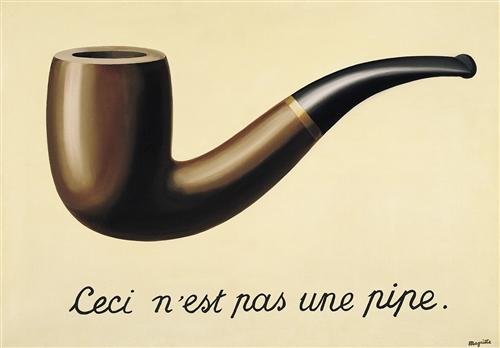ygolo
My termites win
- Joined
- Aug 6, 2007
- Messages
- 5,998
Epistemology is a theory of knowledge.
For more detail see: Epistemology - Wikipedia, the free encyclopedia
I have been fascinated by this branch of philosophy for as long as I can remember. Before I even knew what it was called. But for a long time, I have found the problems it creates artificial and the distinctions it makes to be false.
Slowly, over time, I have developed a fascination with what is known as semiotics.
see:What is Semiotics?
My own summary is that semiotics is a theory of meaning. The article I linked is one of the first things I read as my fascination developed. However, I disagree with a lot of what is written (for instance, I don't believe semiotics is a purely human endeavor).
So what I'd like to discuss is the difference between a theory of knowledge and a theory of meaning, and how those different pursuits can lead to different frameworks for how we process the world.
For more detail see: Epistemology - Wikipedia, the free encyclopedia
I have been fascinated by this branch of philosophy for as long as I can remember. Before I even knew what it was called. But for a long time, I have found the problems it creates artificial and the distinctions it makes to be false.
Slowly, over time, I have developed a fascination with what is known as semiotics.
see:What is Semiotics?
My own summary is that semiotics is a theory of meaning. The article I linked is one of the first things I read as my fascination developed. However, I disagree with a lot of what is written (for instance, I don't believe semiotics is a purely human endeavor).
So what I'd like to discuss is the difference between a theory of knowledge and a theory of meaning, and how those different pursuits can lead to different frameworks for how we process the world.

